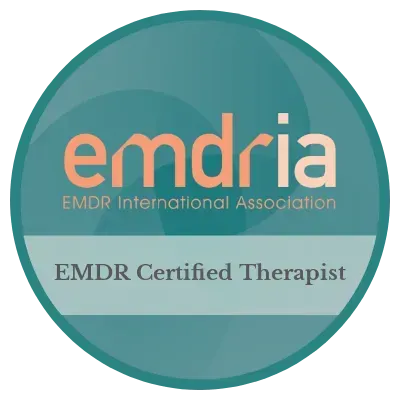Resources
Resources
EMDR, What is it?
We are all born with the ability to adapt the information we experience both internally and externally. This system helps us to make sense of our world. When we experience trauma, disturbing events, and/or adverse life experiences, this adaptive system is disrupted and unprocessed experiences get stored in the emotion center of the brain with no date or time stamp; thus, when we are triggered by a present moment event, we may experience an over-reaction or over-response to the present moment rooted in past experiences.
Eye movement desensitization and reprocessing (EMDR) uses bilateral stimulation to unlock these unprocessed memories/events and allow them to link up with the adaptive system in our brain and finish the process, decreasing distress and reactivity to present moment events. EMDR works without needing you to delve deep into the details of traumatic, disturbing, or adverse events, rather, you focus on an image of the event and go with whatever is present while using bilateral stimulation. EMDR is different than normal talk therapy and can be more efficient, taking less time to experience healing and improvement in overall mental and emotional well-being.


